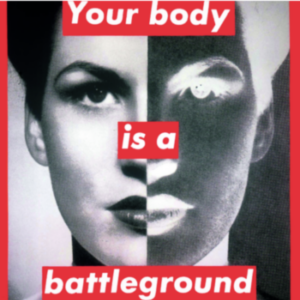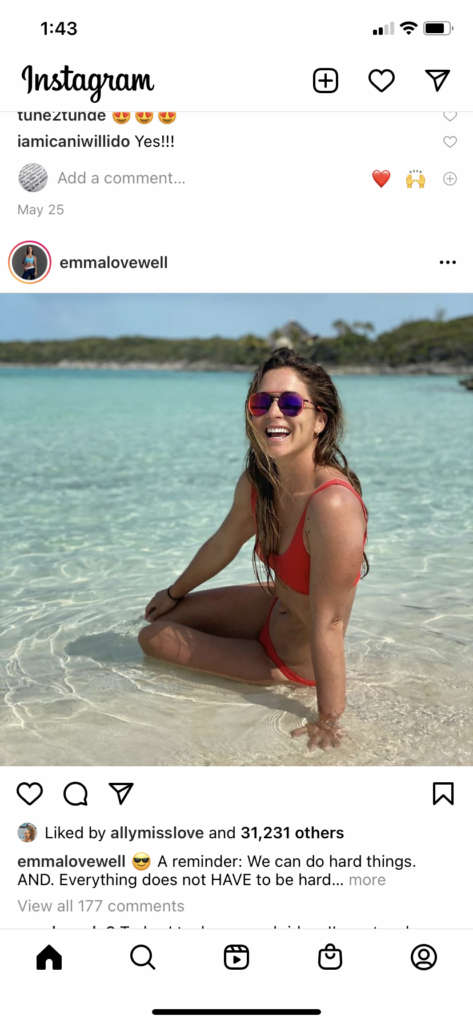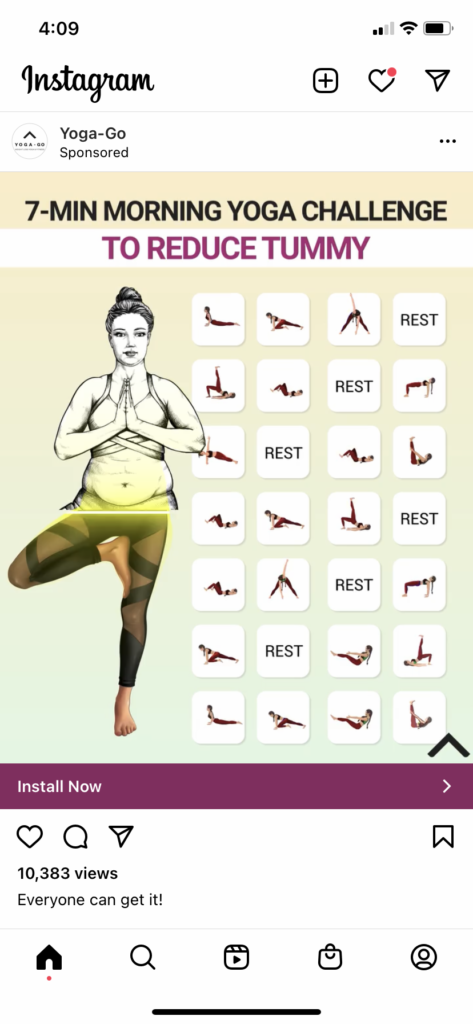The fourth chapter of Patricia Hill Collins’ book reminded me of a situation that arose in Cali-Colombia in 2011. This is a city made up of 51% of people of color, and approximately 40% of mixed-race people. (I don’t remember the precise statistics) In a major magazine, they published an image of some very wealthy white women in the city. They are sitting in a magnificent position, next to the bench of a luxurious apartment, located in one of the most expensive areas of the city. The wealth of several families that live there comes from sugar cane estates, which were originally supported by the labor of black slaves. The magazine that published the photo probably did not notice that in the reflection of the window, you could see a black woman, in a maid outfit, waiting for the photo to be finished to approach with drinks. For obvious reasons, this image aroused a heated discussion about the problems of race, social condition and gender, which have been maintained since the colony and which are not usually discussed in the spaces of these wealthy people. https://www.semana.com/nacion/articulo/la-foto-discordia/250614-3/ [semana.com] in this link appears the image to which I refer.
“You Are So Brave”
In Roxane Gay’s powerful piece for Medium, where she talks about her experience with weight loss surgery, she brings up the complications she had with herself and what she thought others would say because she is a person who speaks against fatphobia and at the same time went through surgery to lose weight. Medium gives you the chance to listen to this piece, which I did, and at the end, there is a short interview on which Gay claims that our society still has to tackle discrimination against fat people. This reminds me of the “you are so brave” discourse that is often directed towards fat women, most of them celebrities who receive these type of comments implying that because their body looks a certain way, one thing that needs to be added to their clothing, pictures, and even just presence, is braveness.
This brings me to Lizzo who she said:
“When people look at my body and be like, ‘Oh my God, she’s so brave,’ it’s like, ‘No, I’m not,'” Lizzo, 31, tells Glamour. “I’m just fine. I’m just me. I’m just sexy. If you saw Anne Hathaway in a bikini on a billboard, you wouldn’t call her brave. I just think there’s a double standard when it comes to women.”
https://www.glamour.com/story/dont-call-lizzo-brave-for-being-confident
The Advertiser’s Gaze
Several of our readings discussed the concept of the gaze: the colonial gaze evaluating black women’s bodies, the male gaze evaluating female hunger, even the elusive self-gaze that we only find in reflection via mirror or screen. Our readings also suggested layers of that gaze that peer beyond our bodies into our datafied selves, seeing representations of who we are in hospital monitors, friend networks on social media, even our locations. Heading to Instagram, I saw the advertiser’s gaze at work. I don’t have a single selfie posted, yet the advertisers are already picturing me. Because I follow two Peloton instructors (who are actually friends of friends of mine) and because Instagram uses Facebook info, such as age, to build their picture of me, the ads prey on my perceived vulnerability: a desire to look like those I follow. The image of Emma Lovewell gets read as who I want to be. The ad tries to get me to believe that Yoga-Go can get me there. (Note that the ad is dynamic, as the “chubby” line drawing gets swiped over to reveal a thinner, “fitter,” fully realized woman in color.)
Sample post
Here is where you will upload your posted materials
Use the block editor to add images and video and text.




